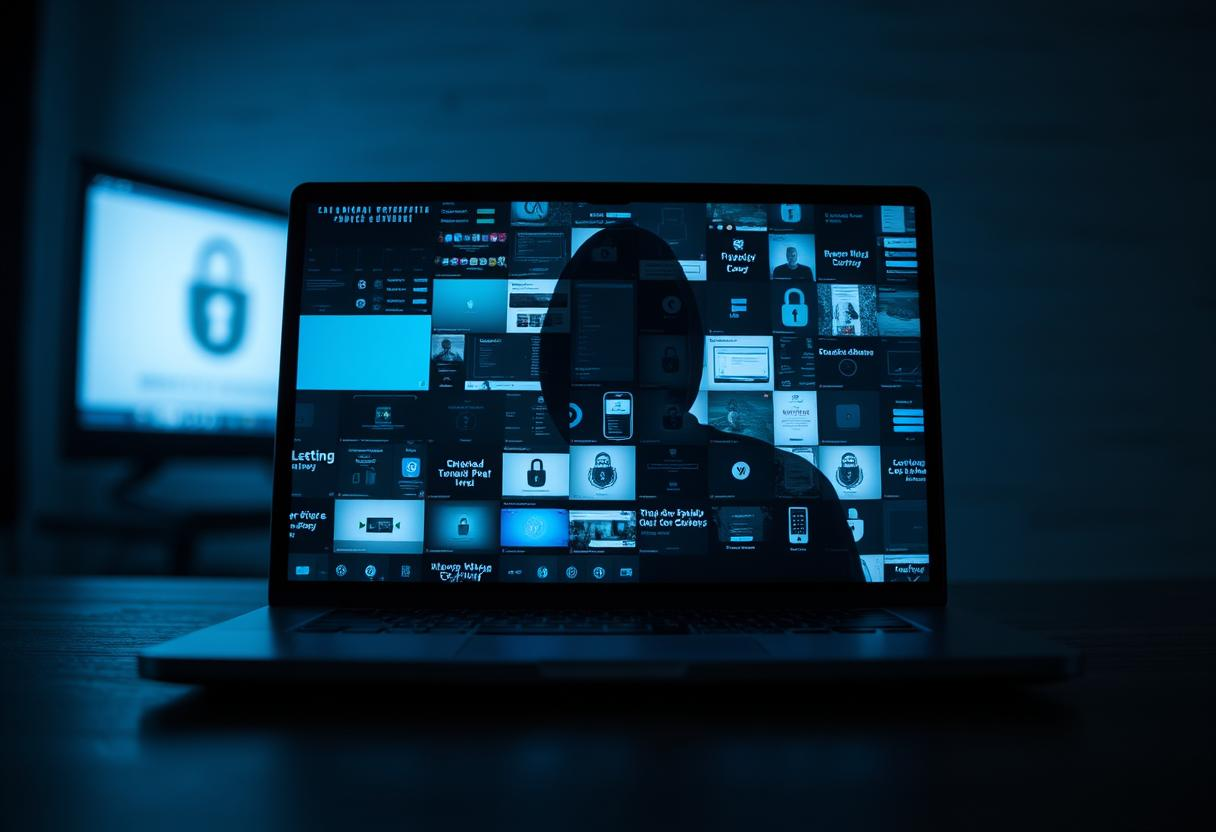Nearly a year after its initial announcement and subsequent withdrawal, Microsoft’s Recall feature is poised for a gradual reintroduction to beta users. This AI-driven tool, designed for Copilot+ PCs, automatically captures screenshots of your activities, cataloging them for easy retrieval. It’s a concept that appeals to those of us who frequently forget where we left off digitally, promising a seamless way to jump back into our work or browsing with a single click.
However, the convenience of Recall comes with its own set of trade-offs. The feature demands a substantial chunk of your SSD’s storage—150 GB for devices with 1 TB or more—dedicated solely to storing these rotating screenshots. More critically, Recall’s approach to privacy and security has been a point of contention. Initially, the feature was found to have glaring vulnerabilities, allowing unauthorized access to sensitive information captured in screenshots, from bank details to social security numbers.
Microsoft has since mandated Windows Hello biometric or PIN security for accessing Recall’s data and introduced options to pause screenshot collection or exclude specific apps and webpages. Yet, concerns linger, especially regarding the feature’s ability to accurately identify and avoid capturing sensitive information. The onus is on users to manually adjust settings to protect their privacy, a task that may prove daunting for the less tech-savvy.
The reintroduction of Recall raises broader questions about the balance between innovation and user privacy. While the feature is optional, its default availability on new updates means many users may enable it without fully understanding the implications. For those wary of privacy risks, disabling Recall requires navigating to ‘Turn Windows features on or off’ in the Windows 11 taskbar—a step that might not be immediately obvious to everyone.
As we stand at the crossroads of technological advancement and privacy preservation, Recall serves as a reminder of the ongoing dialogue needed between developers and users. It’s a feature that, while potentially useful, underscores the importance of informed choice and the need for robust default privacy protections in our increasingly digital lives.


